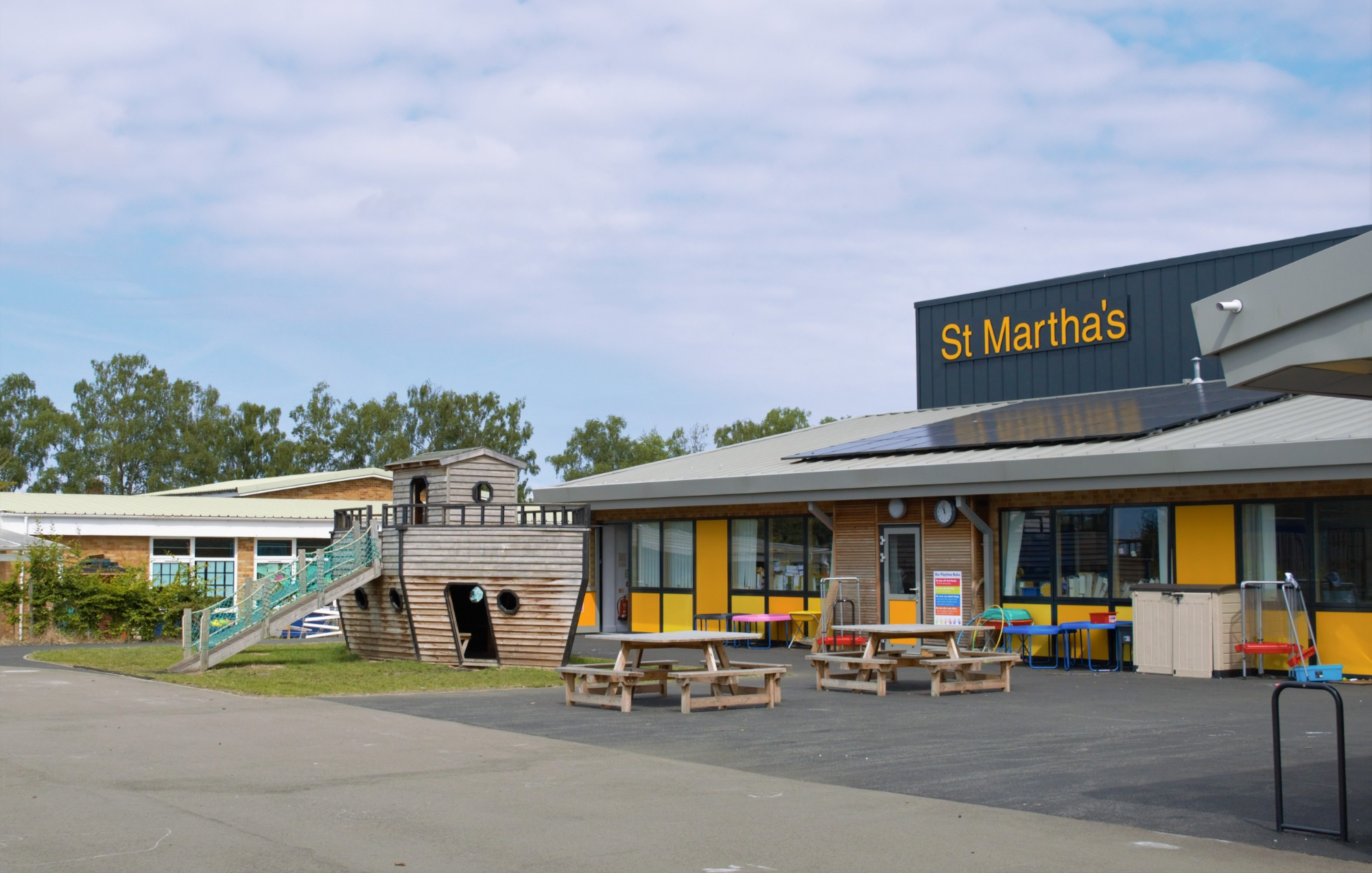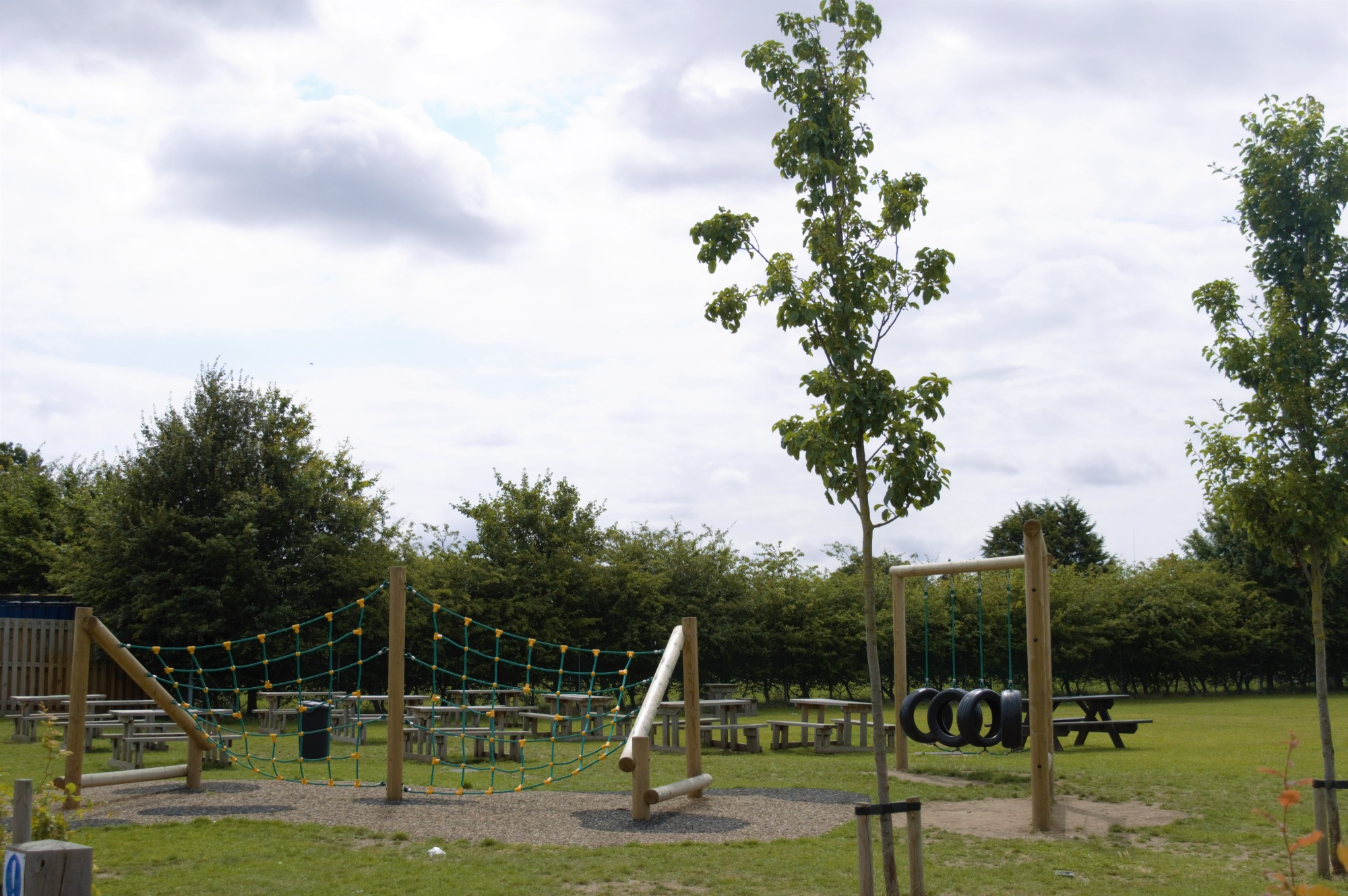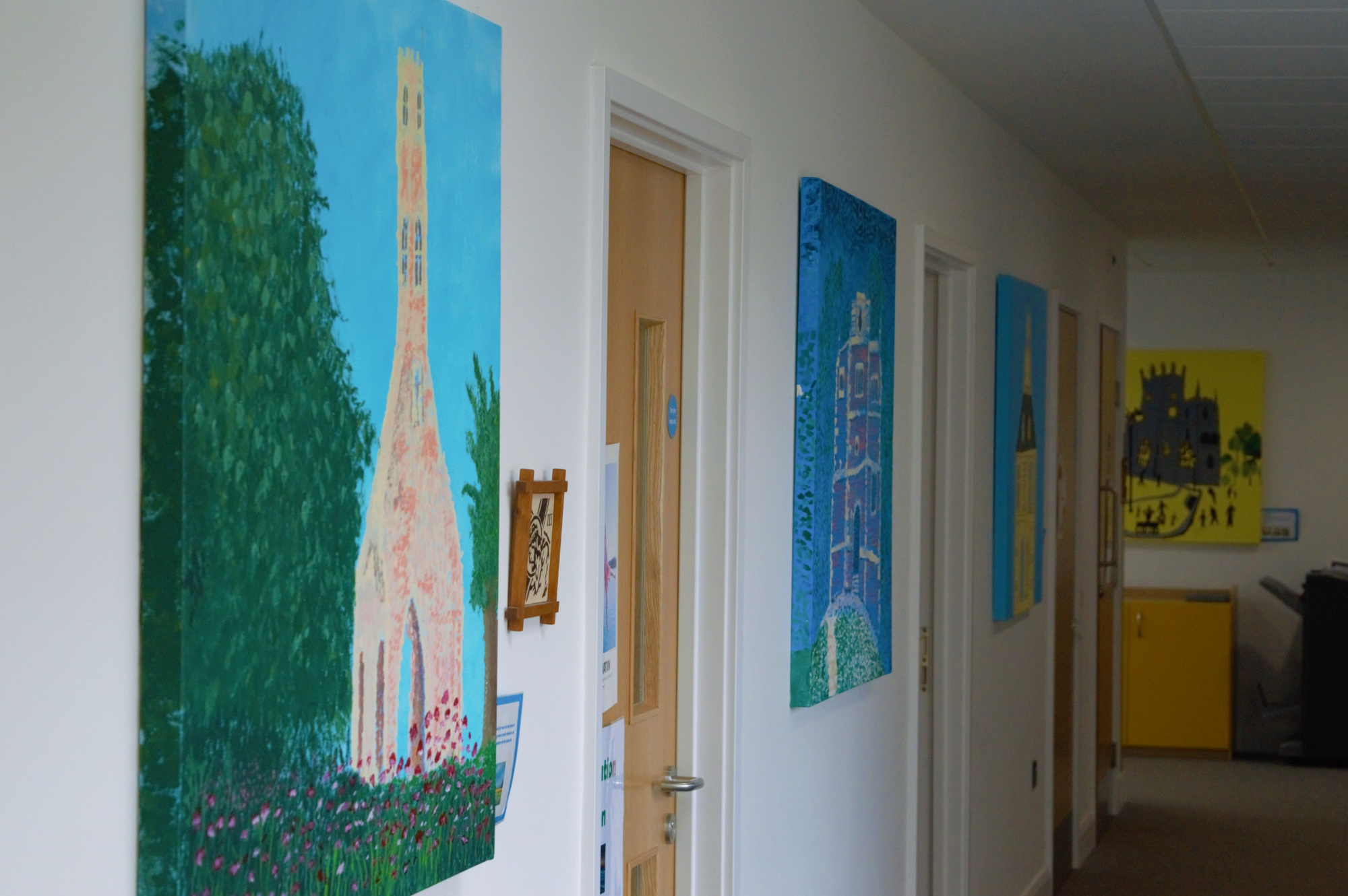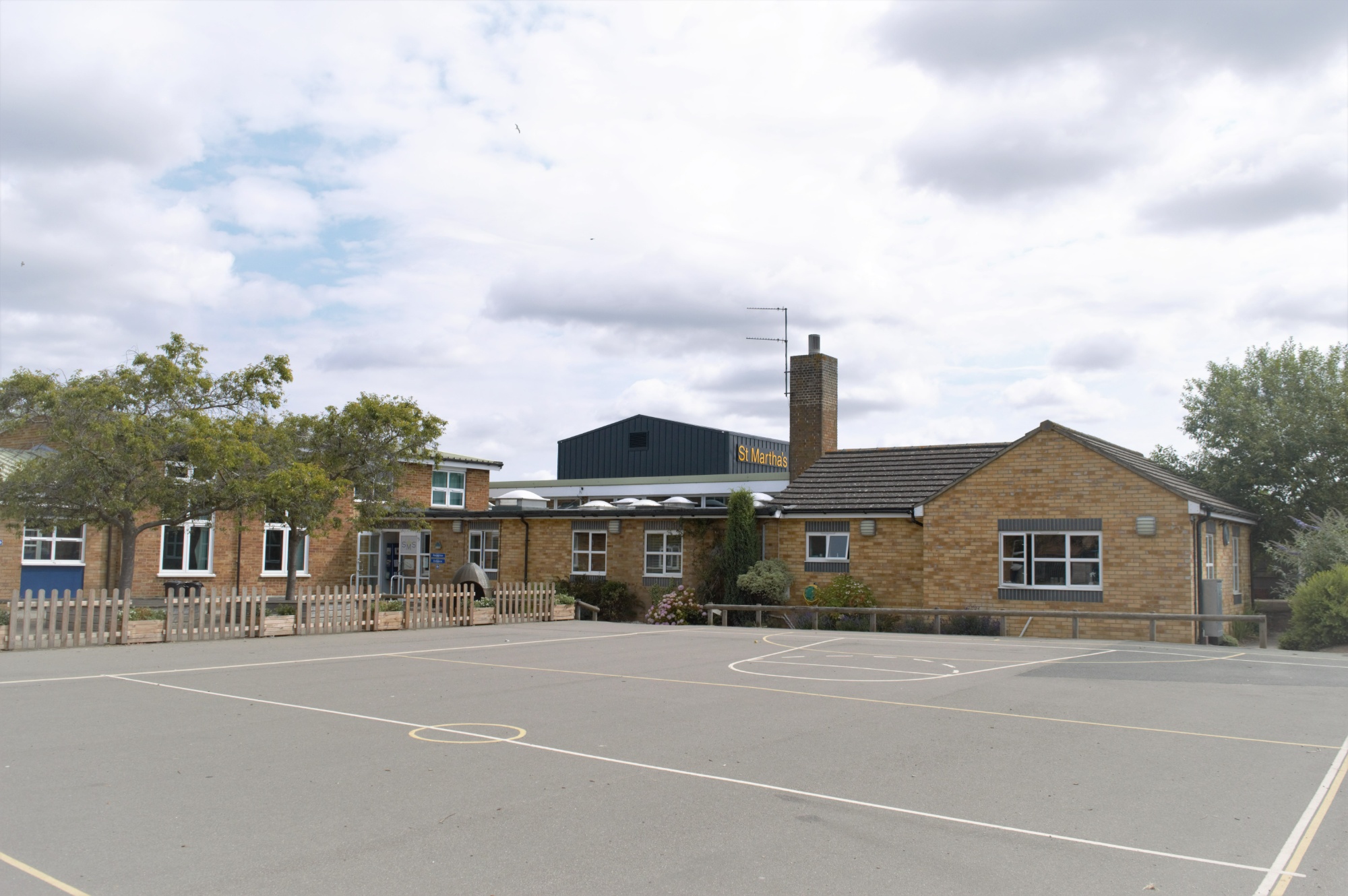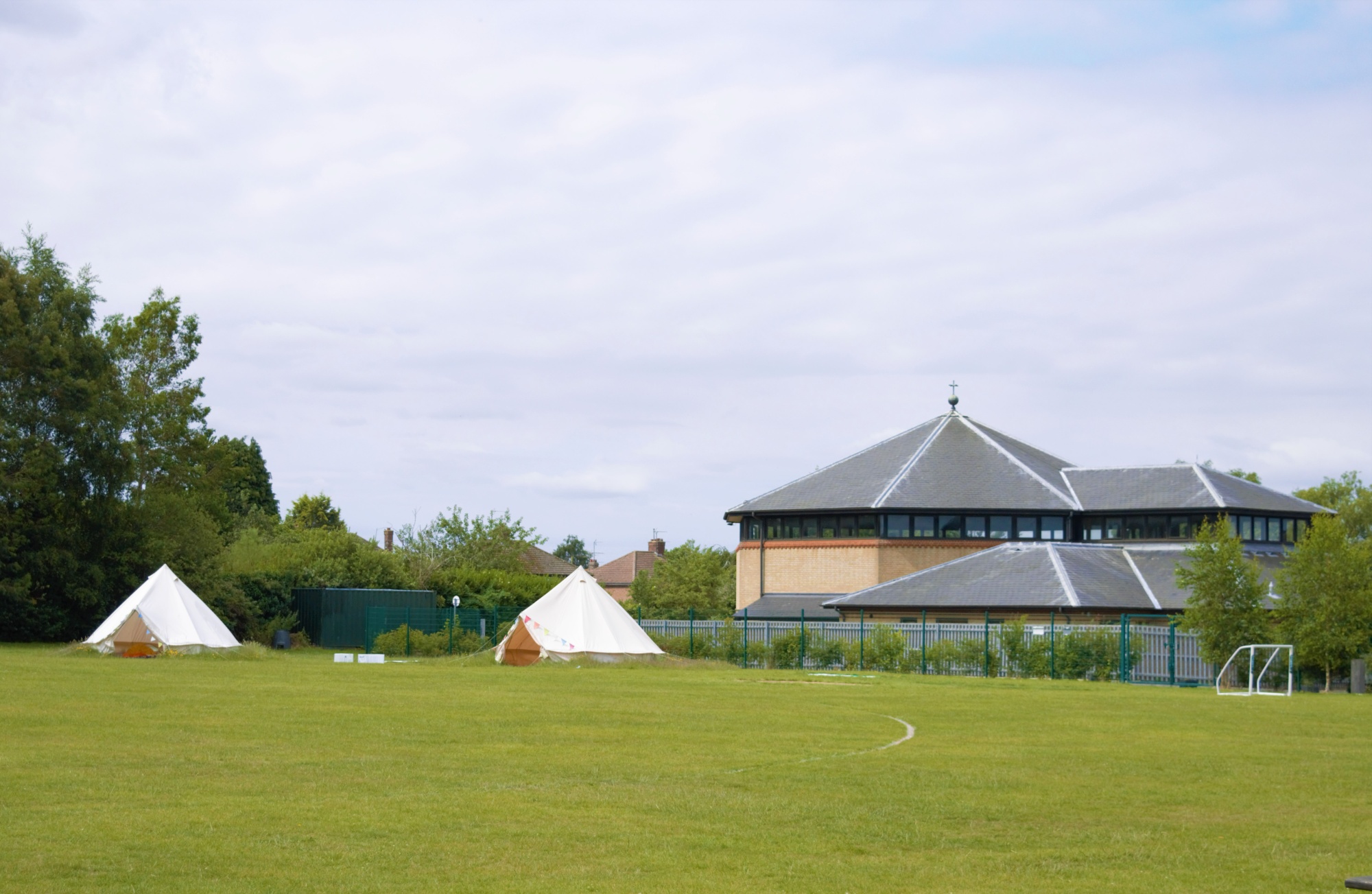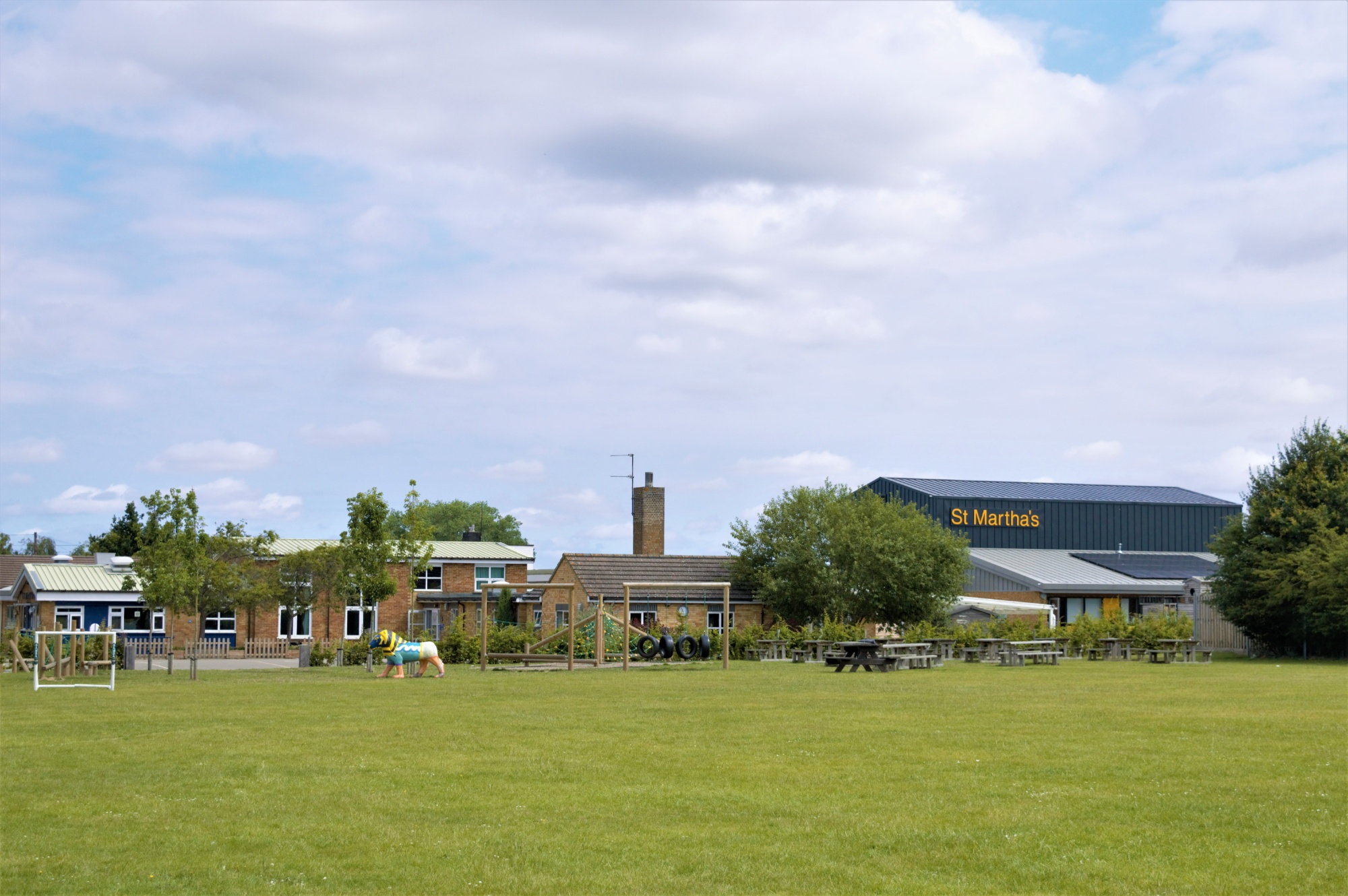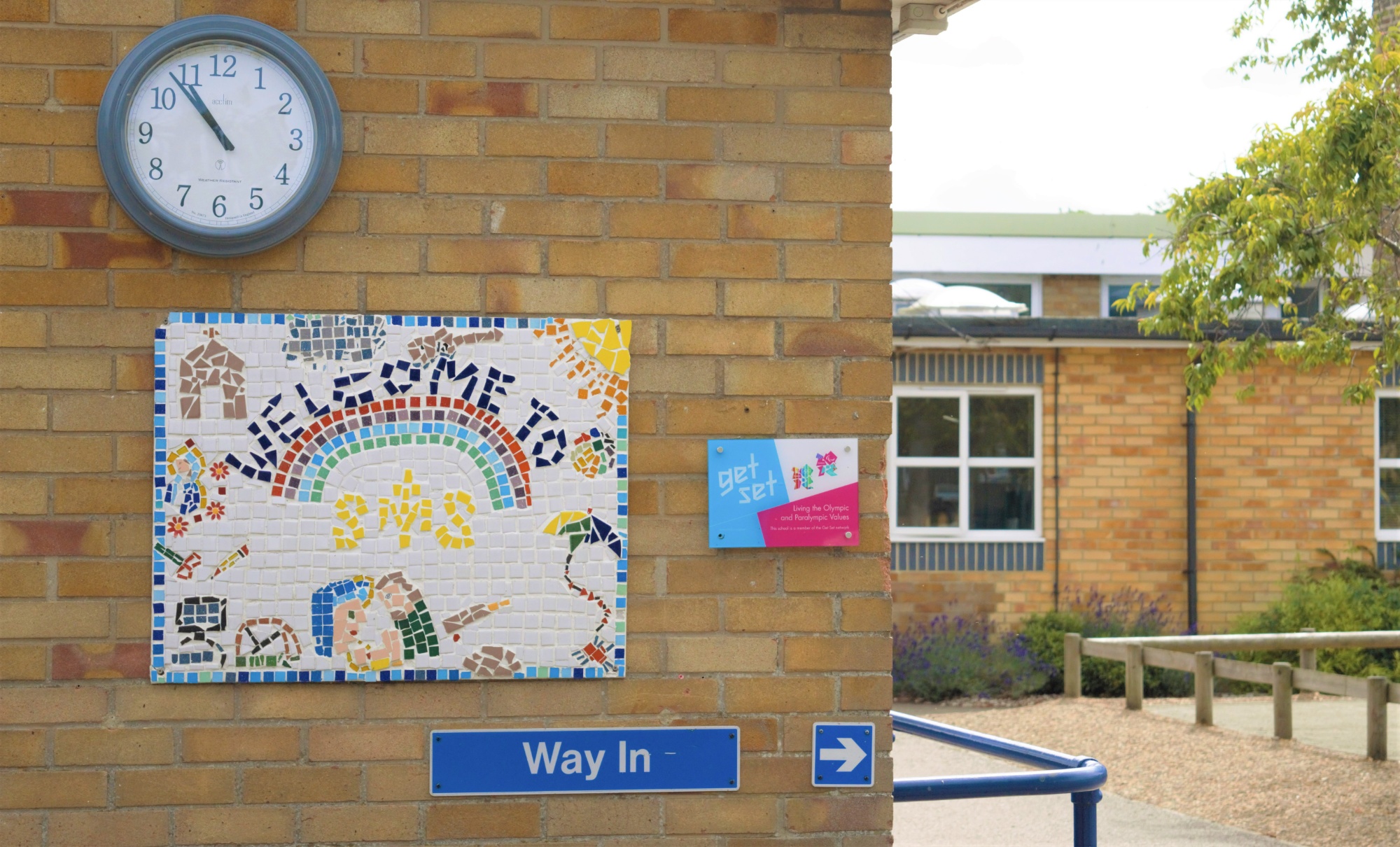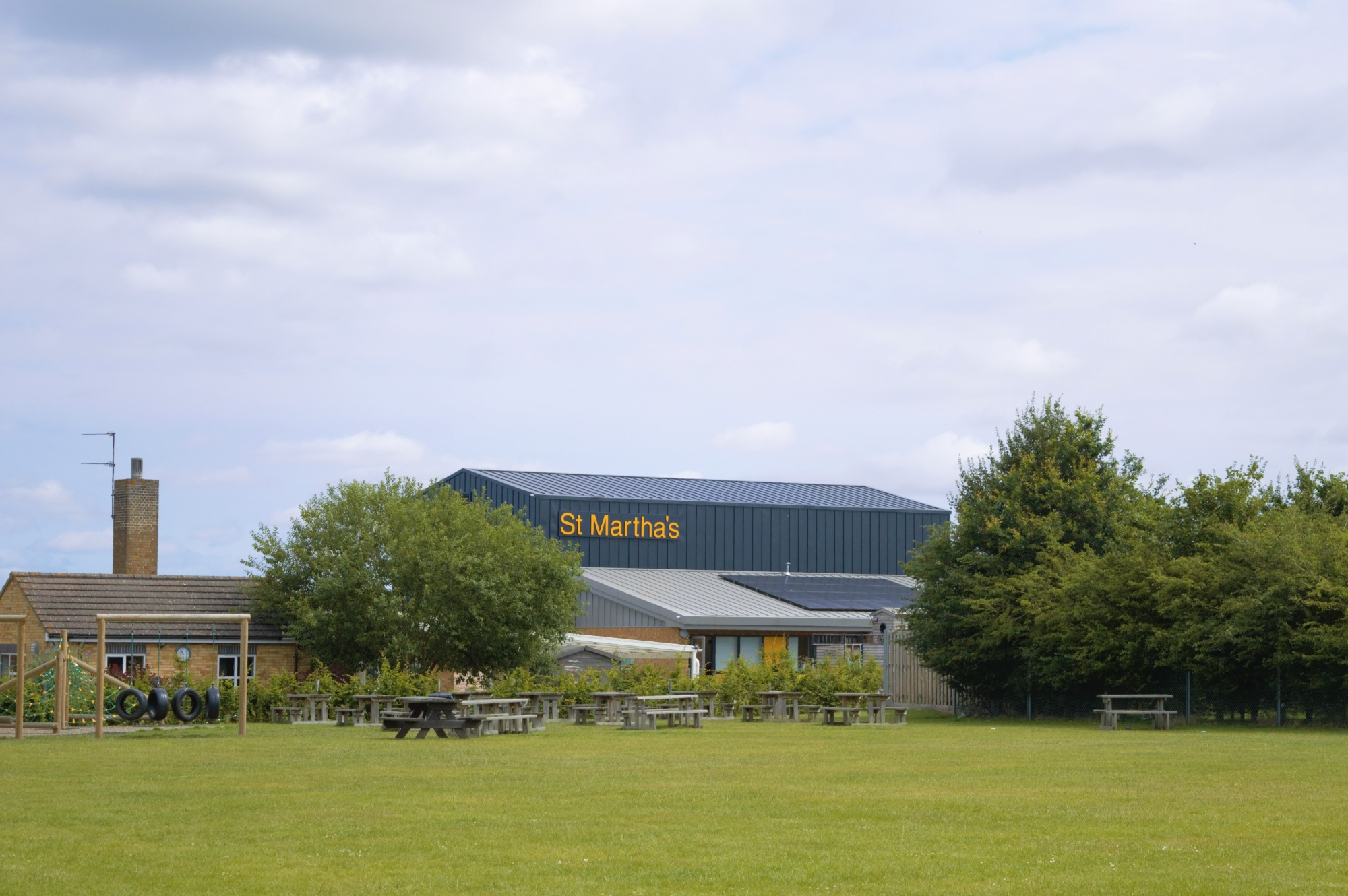Religious Education
Religious Education Directory
In line with Bishops’ Conference, we are working to implement the new Religious Education Directory (RED), ‘to know you more clearly’. We are working with other Trust and Diocesan schools to ensure an effective and successful implementation, following a carefully constructed timeline of implementation designed by a working party of professionals from across the Diocese of East Anglia.
The timeline below shows how we have implemented the RED for each year group. Since September 2024, we have implemented the RED across all year groups.
|
Year group |
Diocesan training |
Implementation |
|
EYFS |
Summer term 2023 |
Autumn term 2023 |
|
Year One |
Autumn term 2023 |
Spring term 2024 |
|
Year Two |
Autumn term 2023 |
Spring term 2024 |
|
Year Three |
Spring term 2024 |
Summer term 2024 |
|
Year Four |
Spring term 2024 |
Summer term 2024 |
|
Year Five |
Summer term 2024 |
Autumn term 2024 |
|
Year Six |
Summer term 2024 |
Autumn term 2024 |
All primary schools should be fully implementing the new Religious Education Directory by September 2026, as directed by the Bishops’ Conference. The timeline to which we are working fully complies with this.
The Religious Education Directory consists of six branches, across each year group to allow children to discover, develop and deepen their understanding as they move through the school. These are:
|
Autumn 1 |
Branch 1: Creation and Covenant |
|
Autumn 2 |
Branch 2: Prophecy and Promise |
|
Spring 1 |
Branch 3: Galilee to Jerusalem |
|
Spring 2 |
Branch 4: Desert to Garden |
|
Summer 1 |
Branch 5: To the Ends of the Earth |
|
Summer 2 |
Branch 6: Dialogue and Encounter |

